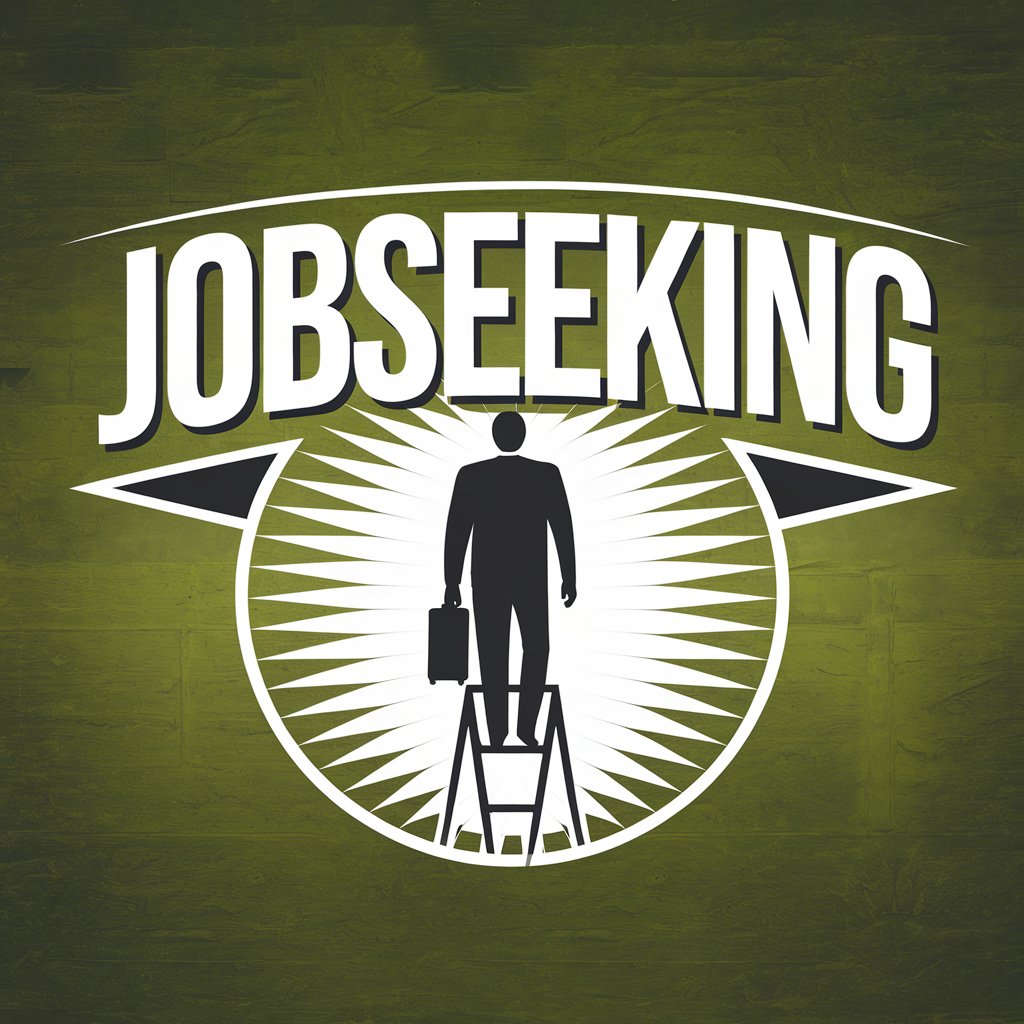Top Job Market Trends You Should Know
The job market continues to evolve rapidly, shaped by technological advancements, economic shifts, and changing workforce dynamics. Understanding these trends is crucial for both job seekers and employers to stay competitive in an ever-changing landscape. Here’s a comprehensive look at the top job market trends you should be aware of, along with expert insights and advice.
AI and Automation Reshaping the Workforce
Artificial Intelligence (AI) and automation are revolutionizing the workplace, creating both challenges and opportunities. According to the World Economic Forum’s Future of Jobs Report 2025, 60% of employers expect AI to transform their business by 2030.
John Vlastelica, CEO and Founder of Recruiting Toolbox, advises:
“The quality of your career decisions is a direct reflection of the quality of your self-awareness. As AI reshapes industries, it’s crucial to understand how your skills align with these changes.”
To stay ahead:
- Develop AI literacy and understand its applications in your field
- Focus on skills that complement AI, such as creative problem-solving and critical thinking
- Stay updated on AI tools relevant to your industry
Remote and Hybrid Work Dominance
The shift towards flexible work arrangements continues to gain momentum. By 2025, 36.2 million Americans are expected to work remotely, an 87% increase from pre-pandemic levels.
Kelly Jones, CPO at Cisco, suggests:
“Allowing yourself to explore and grow is key to success. As professionals, we have the power to enable personal and professional development, which ultimately leads to individual and organizational growth in remote and hybrid environments.”
To thrive in this new work paradigm:
- Develop strong digital collaboration skills
- Create a productive home office setup
- Master time management and self-motivation techniques
Skills-Based Hiring on the Rise
The emphasis on skills over traditional qualifications is becoming more pronounced. 95% of employers now consider skills-based hiring as the future of recruitment.
Leah Lambart, Career and Interview Coach at Relaunch Me, recommends:
“Demonstrate how you’ve made a difference in each role and provide specific examples of how you’ve contributed to organizational success. Focus on showcasing your skills rather than just your qualifications.”
To adapt to this trend:
- Highlight your skills and competencies rather than just qualifications
- Create a skills-based resume that showcases your abilities
- Be prepared to demonstrate your skills through assessments or portfolio work
Green Jobs and Sustainability
The shift towards sustainability is creating new opportunities in the job market. Roles such as renewable energy engineers, environmental engineers, and electric vehicle specialists are among the fastest-growing jobs.
Jeff Moore, VP of Talent Acquisition at Toast, advises:
“Never forget that behind every career goal is a person who deserves respect and consideration throughout their professional journey. As the green economy grows, consider how your skills can be applied to this emerging sector.”
To capitalize on this trend:
- Research growing green industries and identify transferable skills
- Consider additional training or certifications in sustainability-related fields
- Highlight any experience or passion for environmental initiatives in your applications
Emphasis on Soft Skills
While technical skills remain important, employers are increasingly valuing soft skills. Analytical thinking, resilience, flexibility, and creative problem-solving are among the most sought-after skills.
Dr. Angela Duckworth, a psychologist known for her work on grit, advises:
“Setting goals and creating a plan can help maintain motivation by providing structure and a sense of progress. Focus on developing soft skills that are transferable across industries.”
To develop these crucial soft skills:
- Seek out opportunities for leadership and teamwork in your current role
- Practice active listening and effective communication
- Engage in activities that challenge your problem-solving abilities
Continuous Learning and Upskilling
With 39% of current skills expected to be outdated by 2030, embracing a mindset of lifelong learning is crucial.
Marc Benioff, CEO of Salesforce, emphasizes:
“We’re looking for candidates who are passionate about continuous learning and can articulate how they’re constantly improving their skills.”
To stay relevant:
- Regularly assess and update your skills
- Take advantage of employer-provided training programs
- Stay informed about industry trends through professional networks and publications
Gig Economy Expansion
The gig economy continues to flourish, with 38% of the American workforce engaging in freelance work.
Robert Walters, founder of the recruitment company that bears his name, suggests:
“Visualize where you want to be, and then build relationships with people who can help you get there. The gig economy offers flexibility but requires strong networking skills.”
To succeed in the gig economy:
- Build a strong personal brand and online presence
- Diversify your skill set to attract a wider range of clients
- Learn to manage finances and taxes as an independent contractor
Conclusion
As we navigate the job market of 2025 and beyond, adaptability and continuous learning are key. By staying informed about these trends and proactively developing relevant skills, both job seekers and employers can position themselves for success in this dynamic landscape.
As Winston Churchill said, “Success is not final, failure is not fatal: it is the courage to continue that counts.” Embrace these changes as opportunities for growth and innovation in your career journey.


Leave a Reply